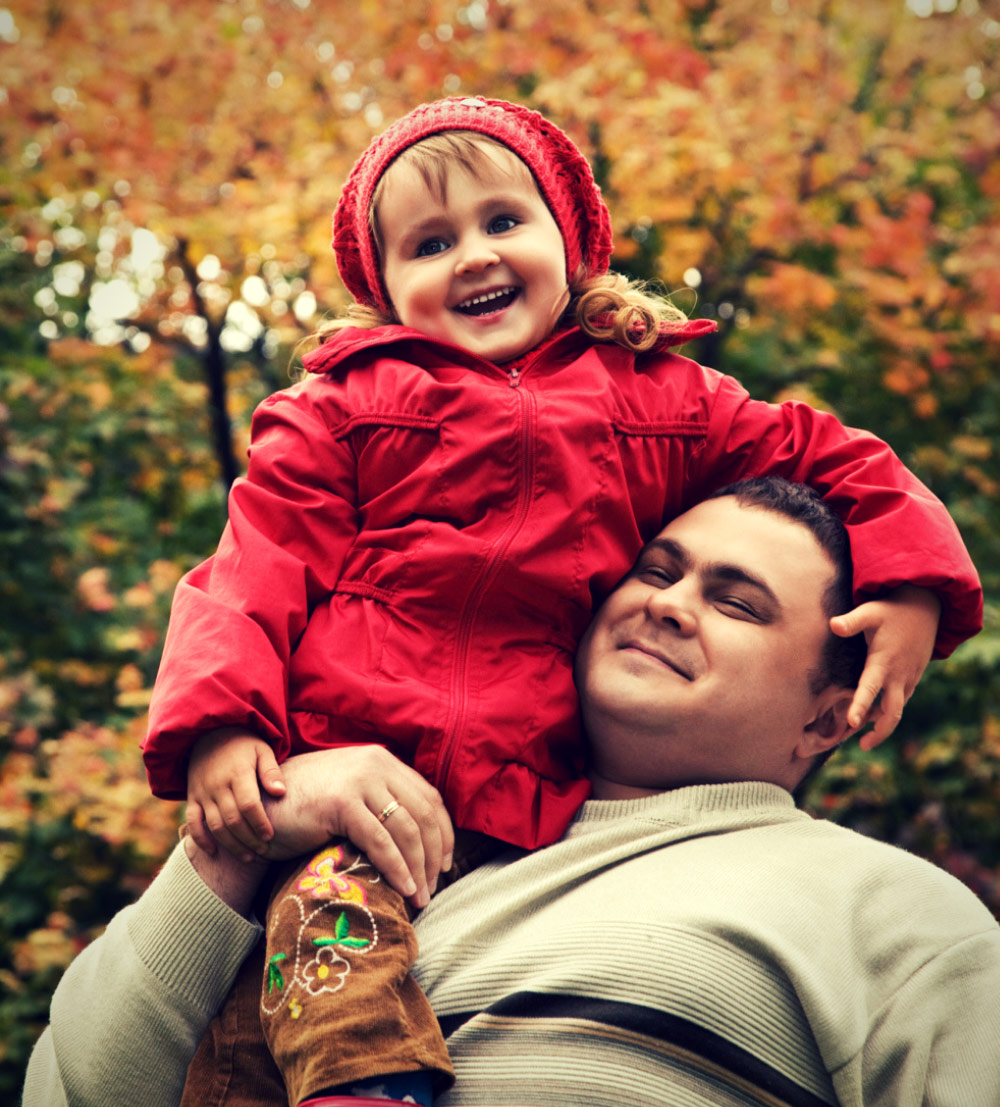Relationship with Your Body
“Amazing things happen when you turn towards your body and listen with kindness and curiosity.”
— Hilary Kinavey & Dana Sturtevant, Be Nourished Founders
Society’s body image messages are not healthy
We’re inundated with societal pressures around how we’re supposed to look. It would seem that there’s a perfect way to look and if we don’t look that way, then somehow we don’t measure up. We’re less than and not worthy of those who have that “perfect” look.
As members of society, we almost can’t help but buy into this pressure. From the time we’re born, we receive this message from all directions, and later from ourselves as well. But the more we buy into the message that our worth is tied to how we look, the more disconnected we can become with who we are and with our bodies. This disconnection erodes self-esteem, and can lead to disordered eating and a negative relationship with food and our body.
It would be great if society changed and people weren’t judged on appearance. But we can’t wait on society to change. What we CAN change is our own relationship with ourselves and our body. That is the only way to break free from the impact society’s unhealthy messages have had on us.
Our parents’ own body image experiences affect us
A disconnected relationship with the body can be especially true for people whose parents or caregivers had their own eating disorders or body image issues. We tend to unconsciously model what we see. It can also be because their emotions and behaviour about themselves can lead them to be highly critical of others, especially those they care most about.
A connection to trauma
We sometimes see a correlation between overeating and larger sized bodies and past experiences of trauma. Carrying extra weight can be a conscious or unconscious way to create more distance between oneself and the outside world.
Compounding this is the irony of the larger a person gets, the more invisible they can become; they may get less attention and may have less expected of them. In some ways it can be an ingenious way for trauma survivors to hide in plain sight.
Emotions and behaviours
Food and eating behaviours can sometimes be used as coping mechanisms to meet emotional needs. These behaviours might include
- overeating/binge eating,
- "emotional eating,"
- undereating, or other behaviour.
Eating and our experience with food is connected to so many emotions. It can be confusing when we find ourselves engaging in eating behaviours that feel distressing or are having a negative impact on our lives.
Peace and compassion
Two benefits of a positive relationship with our body are peace and compassion. This means being
- at peace with the body we have, the body that gives us life, that carries us forward step by step,
- compassionate with ourselves for the relationship we’ve had with our body in the past,
- forgiving of ourselves for any missteps and patient with the process of creating a new relationship,
- being supportive of our hopes, dreams and believing we are worthy of them.
With peace and compassion our choices about our body are made from an authentic, internal place versus a place of needing to be fixed according to external pressures.
We’re able to take steps towards a healthier relationship with our body, and make choices for ourselves because we want to for our own personal reasons, not because of societal pressures and other people’s judgments. And that is the healthiest place to be, grounded in our own skin.
What does body relationship counseling look like?
 A Repiphany counsellor provides a safe environment and customizes an experiential process for you that is about getting more connected to your body, to reclaim your body, and ultimately, to build a healthier relationship with your body.
A Repiphany counsellor provides a safe environment and customizes an experiential process for you that is about getting more connected to your body, to reclaim your body, and ultimately, to build a healthier relationship with your body.
The activities used in counselling will vary to suit each client’s personal needs. We may use cognitive and narrative therapies in conjunction with art therapy and somatic based therapies to physically embody an experience.
People who have an unhealthy body image tend to be “in their head.” That is to say that they process their experience predominantly with their brain (versus their heart or physical body), with their thoughts, rationalizing and applying their personal filters and sense of logic.
To connect our head and body, that is to be more “in our body,” gives us a richer, more authentic, and grounded experience in our surroundings. But we can’t have this when we have disconnected from our body. Through counselling, becoming reconnected with our body involves activities designed to
- bring our awareness back into our physical self, and
- relearn to trust our body’s natural knowledge.
Reconnecting, or reclaiming our ownership of our body, is about reclaiming our sense of safety within our body. It's about reclaiming a loving relationship with our body and knowing what that looks like.
As we relearn to trust that our natural body knows what it needs to support us, we become aware of the cues our body gives us. For example, we learn that we can trust our body to tell us when our stomach is full and what will happen if we choose not to listen to that cue, such as not feeling well.
The human body is quite remarkable. It regulates itself according to our circumstances. For example, if we were lost in the wilderness, our body would require less food. We wouldn’t get hunger signals when our brain and body know there isn’t any food around. But in a state of busy-ness and being disconnected from our body’s actual needs, we tend not to pause long enough to consider whether we are really hungry or we are acting on auto-pilot in our food choices.
When we can trust our body’s cues, we move from an unconscious place to a conscious place. And that may be where, for some, it doesn’t feel safe - to be conscious and connected to their body. The disassociation was protecting them and hurting them at the same time.
The aim of body relationship counselling is to maintain a sense of safety while becoming reconnected to our body. It supports the gentle exploration of our relationship with our body and the ways in which it impacts us as a whole, and guides the path to a more accepting and peaceful connection between our head and physical body.

